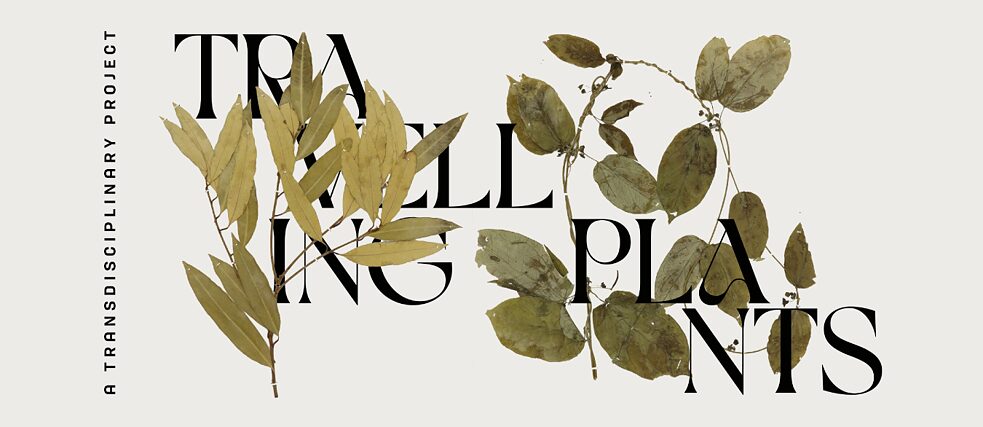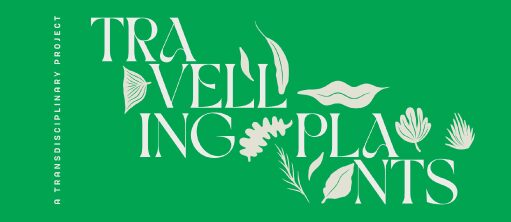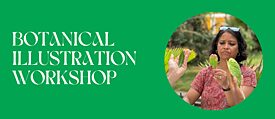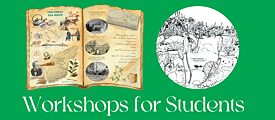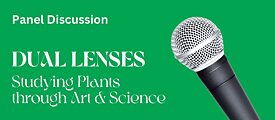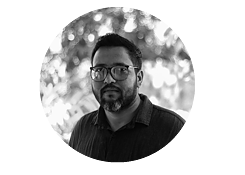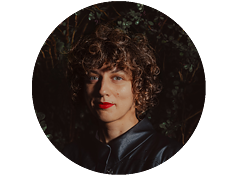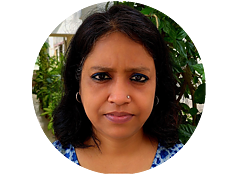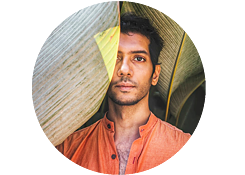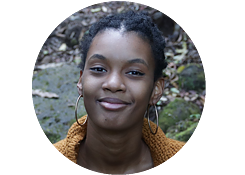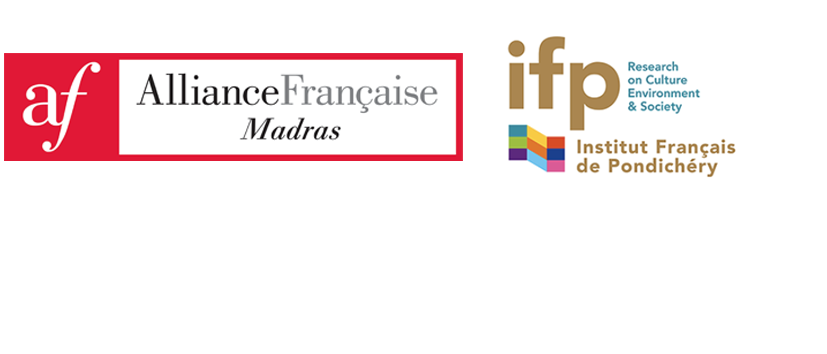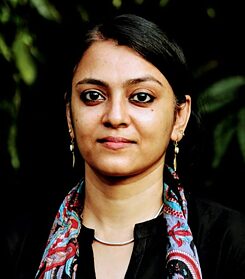 © Goethe-Institut Chennai
© Goethe-Institut Chennai
Lina is an independent art historian and curator with two decades experience in arts management. Since 2009, Lina has worked on multi-layered projects that highlighted plural approaches, with a focus on inclusivity and collaboration in public arts engagement. It has resulted in interconnected bodies of research and curation, that bring together diverse voices, modes of expression, and interfaces for dialogue. The focus areas of her research extend to projects with arts education, printmaking history and practice, the documentation of living traditions and folk arts in India, and environmental consciousness in the arts. She sees herself as a mediator and culture worker, connecting dots, ideas and people. In 2020, she registered a consultancy- LVAC- as a means to engage formally with a broader sphere of organisations and collaborators.
Her ongoing engagements include ‘Goa Familia’, archival photography project with Serendipity Arts Foundation and ‘Sunaparanta Art Initiator Lab’, Goa (S.A.I.L) mentoring project. She led the development of ‘Sandooka – The Living Museum of Kodava Culture,’ a virtual project commissioned by India Foundation for the Arts (IFA) with whom she concluded an Archival Museum Fellowship for Goa Chitra Museum (2018-19). She is Associate Curator with ARTPORT_making waves – global arts program for climate-action. She is associated as Visiting Faculty at the School of Design and Innovation, RV University, Bangalore and Visiting Professor at the Trans-Disciplinary University (TDU) Bangalore. She has curated numerous exhibitions with galleries across India and contributes to publications on art history and contemporary cultural practices. Lina has a BFA in printmaking from Bangalore University and MFA in Art History from the same institution.
